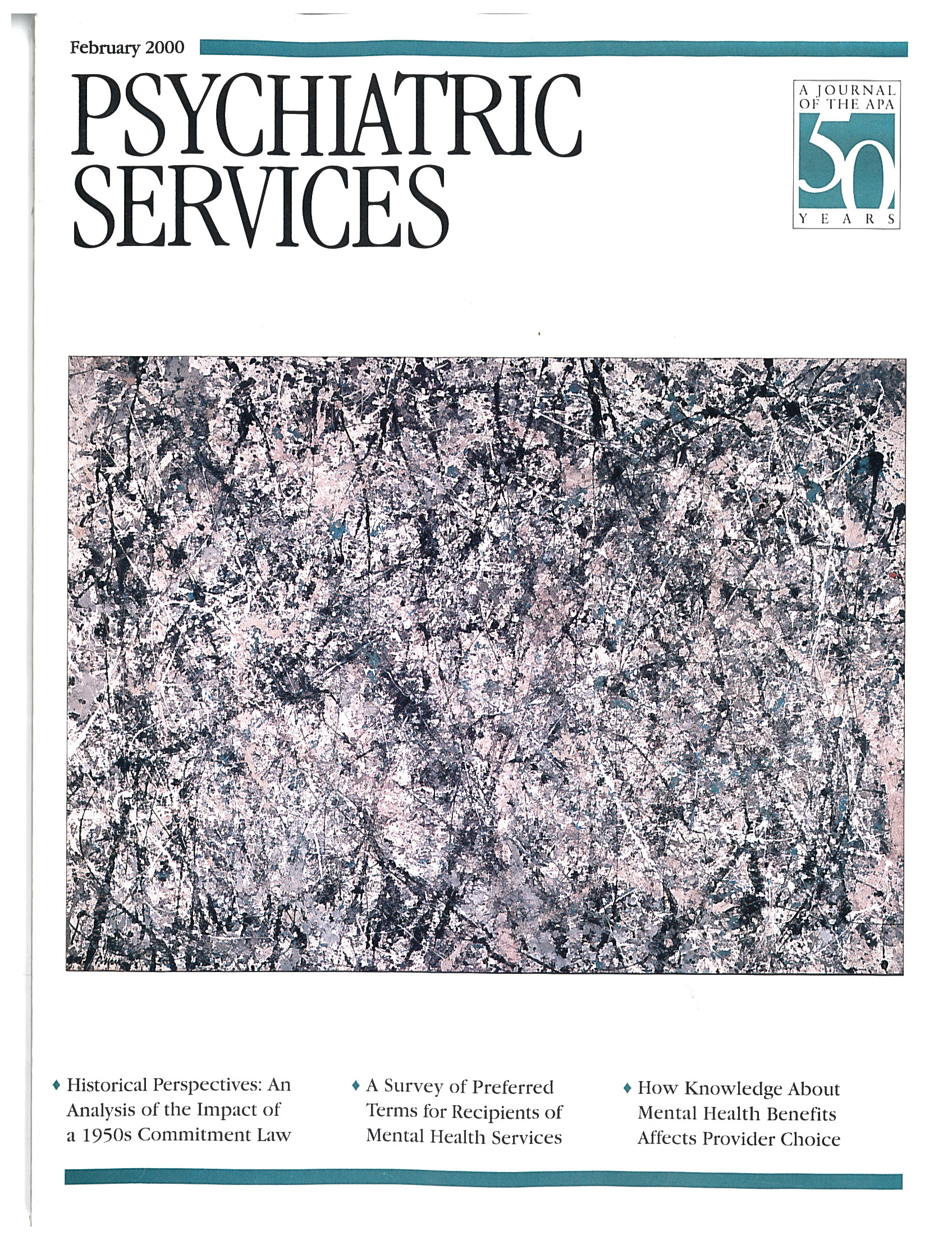To the Editor: A few cases of risperidone-induced neuroleptic malignant syndrome (NMS) have previously been reported (
1,
2,
3). We report here the case of delayed risperidone-induced NMS in a young male patient who had taken risperidone for 21 months.
A 27-year-old Korean man with a three-year history of schizophrenia was admitted directly to the intensive care unit at Korea University Hospital after first presenting to the emergency room with a high fever and muscle rigidity. The patient's medication at the time of admission included risperidone 8 mg per day, benztropine 3 mg per day, and diazepam 5 mg per day. He had been treated with risperidone in dosages ranging from 6 to 8 mg daily for more than 21 months. Before admission the patient had not experienced any severe side effects except for mild rigidity.
On the day before admission, the patient had severe vomiting after eating and subsequently developed fever, dysarthria, and generalized muscle rigidity. On the day of admission, his temperature was 40 degrees C. He developed diaphoresis, tachycardia, tachypnea, hypertension, and altered mental state, and his generalized muscle rigidity increased notably. Laboratory reports on admission indicated that he had hyponatremia, with a sodium serum concentration of 124 mmol/L, but other electrolytes were within the normal range. Blood tests showed a creatine phosphokinase level of 46,420 IU/L, a lactate dehydrogenase level of 1,091 IU/L, a serum myoglobin level of 493.7 μg/L, and leukocytosis. A Widal test, blood cultures, and a cerebral spinal fluid examination showed no abnormal findings, ruling out the possibility of infection.
All the patient's medications were suspended on his admission to intensive care. He was treated with hydration and ice pack and given bromocriptine 15 mg per day. Four days after the onset of NMS, the patient's generalized rigidity, fever, and dysarthria were resolved, and his mental state returned to normal. He was transferred to the inpatient psychiatric unit 11 days after admission.
The patient in this case demonstrated the classic tetrad of NMS—high fever, extrapyramidal symptoms, generalized rigidity, and altered mental state. Putative risk factors for NMS include concurrent lithium treatment, affective illness, dehydration, electrolyte imbalance, intramuscular injection, use of a high-potency neuroleptic, psychomotor agitation, and preexisting medical or neurological illness (
4). The patient had vomited the day before the admission and had hyponatremia. It is likely that an electrolyte imbalance that developed from the vomiting was the precipitating factor for NMS.
Reviewing reports of 15 other patients with risperidone-induced NMS (
1,
2,
3), we found that five patients were diagnosed with underlying organic brain disease, two with dementia, and three with mental retardation; six of the 15 patients had schizoaffective or affective disorder (
1). Most cases of risperidone-induced NMS occurred within the first month of risperidone use, even within 12 hours (
2). A case of delayed risperidone-induced NMS in a patient with a 12-month history of risperidone has been reported, but that case was most likely a drug-drug interaction during polypharmacy with paroxetine, venlafaxine, and clonazepam (
3).
The pathogenesis of NMS in risperidone treatment has yet to be clarified, but a disturbance of dopamine metabolism in the brain may play an important role. The results of one study suggested that a disturbance of serotonin metabolism may be implicated (
5). Further study is needed to reveal the mechanism of risperidone-induced NMS.

